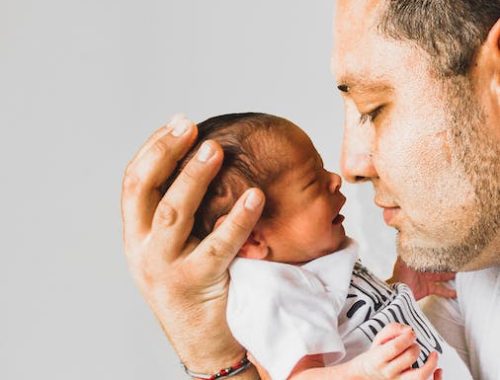
Overweight and Obesity in Kids (Part 1)
Preventing childhood obesity requires making decisions about how your family eats, exercises, and spends time together. Parents who set a good example for their children can assist them in leading healthy lifestyles.
What Kinds of Health Issues Can Obesity Cause?
Obesity puts children at risk for medical problems that can long-term impact their health. Type 2 diabetes, high blood pressure, and high cholesterol, all of which were traditionally considered adult disorders, are among them.

Children who are overweight or obese are also at risk for:
Problems with the bones and joints
Exercise, sports, or physical activity becomes more difficult due to shortness of breath. This might aggravate asthma symptoms or cause asthma in children.
Sleep disturbances or breathing issues, such as obstructive sleep apnea.
A proclivity for maturing earlier. Overweight children may be taller and more sexually mature than their peers, generating expectations that they should act their age, not their age. In adulthood, overweight girls may experience irregular menstrual periods and fertility issues.
Diseases of the liver and gallbladder
Childhood cardiovascular risk factors (such as high blood pressure, high cholesterol, and diabetes) can lead to grown-up heart disease, heart failure, and stroke. Preventing or treating childhood obesity may help protect children from developing these problems as they grow older.
Children who are obese may also suffer from emotional issues such as low self-esteem, as well as being teased, bullied, or rejected by their peers. Kids who are overweight or obese may also suffer from:
Unhealthy eating lifestyle and eating disorders
Cause depression
Substance abuse
What Is Overweight and Obesity?
Using height and weight measurements, body mass index (BMI) determines a person’s body fat percentage. But calculating BMI on your own can be complicated. An easier way is to use a BMI calculator.
Children ages 2 to 19 fall into one of four categories on a conventional BMI chart:
BMI below the 5th percentile indicates underweight.
BMI in the 5th percentile and less than the 85th percentile is considered normal weight.
BMI in the 85th and 95th percentiles indicates obesity.
Obese: BMI in the 95th percentile or higher
Doctors utilize weight-for-length charts rather than BMI to determine how a baby’s weight corresponds to his or her length in children under the age of two. Any youngster under the age of two who is overweight is in the 95th percentile or higher.

While BMI is a useful estimate of body fat, it isn’t a precise measurement. The BMI isn’t a precise indicator of body fatness, and it can be deceiving in some circumstances. A muscular person, for example, may have a high BMI without being overweight (more muscle increases body weight but not fatness). Furthermore, when children experience rapid development during adolescence, BMI might be difficult to understand.
Take your youngster or teen to the doctor if you’re concerned. The doctor will inquire about your food and physical activity habits and recommend making beneficial adjustments. The doctor may order blood tests to check for some medical issues connected with obesity.
According to your child’s BMI (or weight-for-length measurement) and health, your doctor may refer you to a dietician or weight management program.
Why Do Children Become Obese or Overweight?
A variety of factors causes a person’s weight gain. Diet, lack of exercise, heredity, or a mix of these factors can all play a role. Too much weight gain can be caused by an endocrine disorder, a hereditary disease, or certain medications.
It is important to watch your children’s weight, as when they are still a kid they tend to eat a lot of sugary food and they do not take into consideration their health and weight, so it is your role as parent or caregiver to do so. Let us know in the comments if you look after your child’s weight and diet…
You May Also Like

This is Why You Should Read to Your Kids
2021-12-08
How to Give Vitamin K to Your Baby
2023-05-08


One Comment
Pingback: